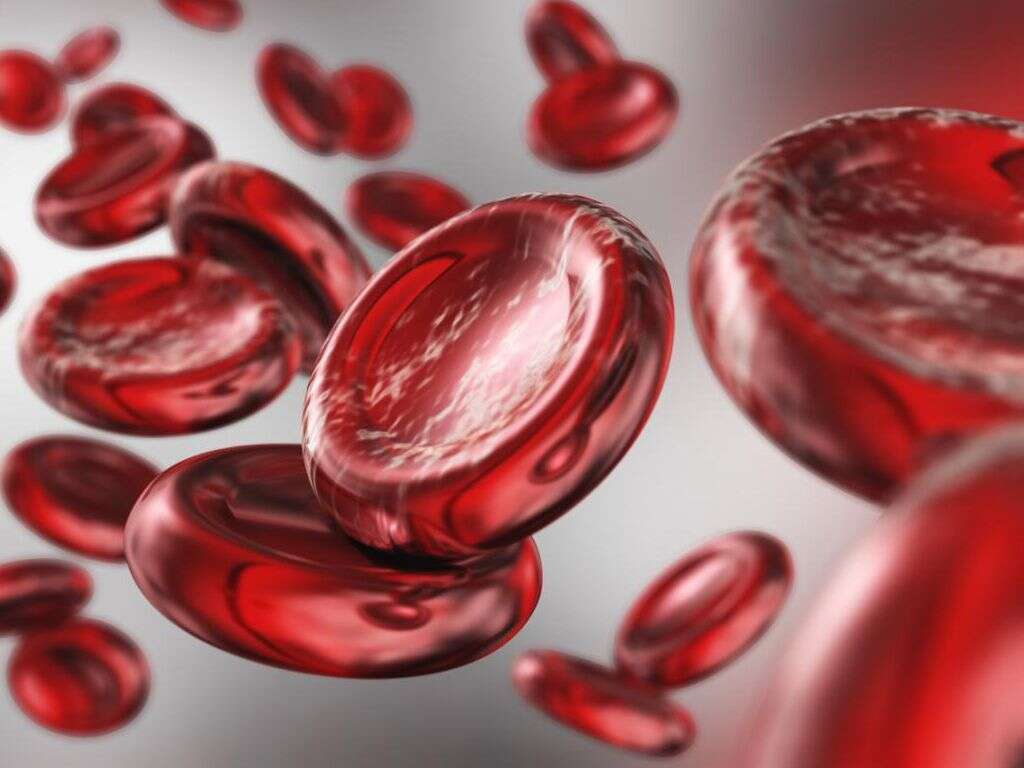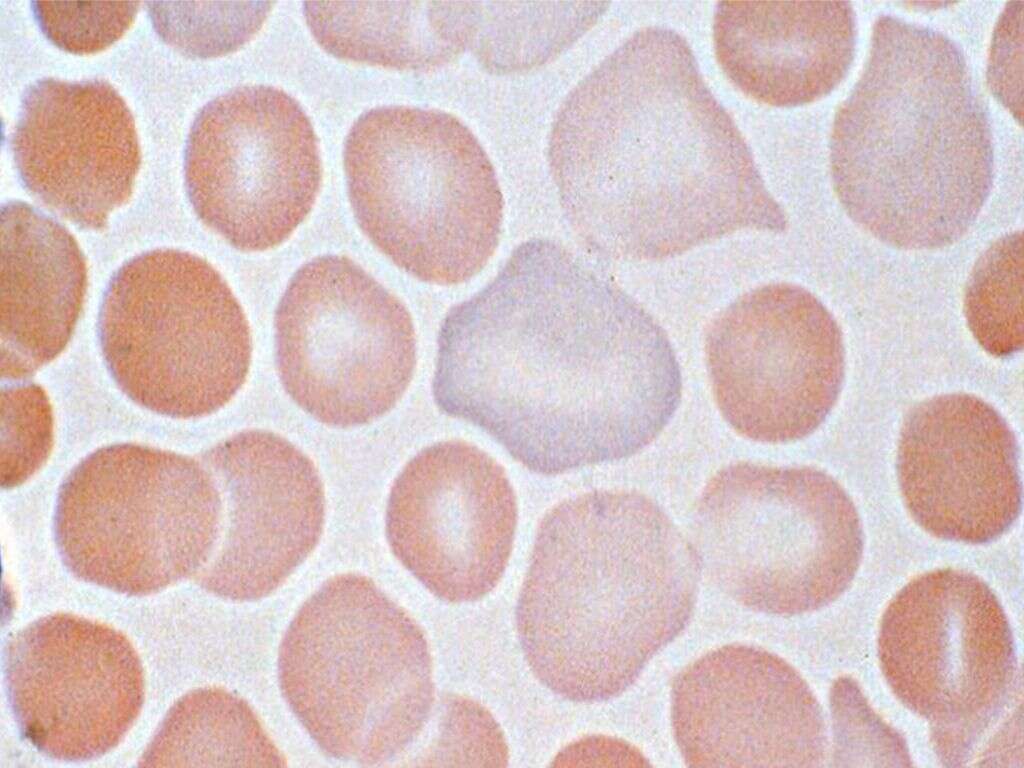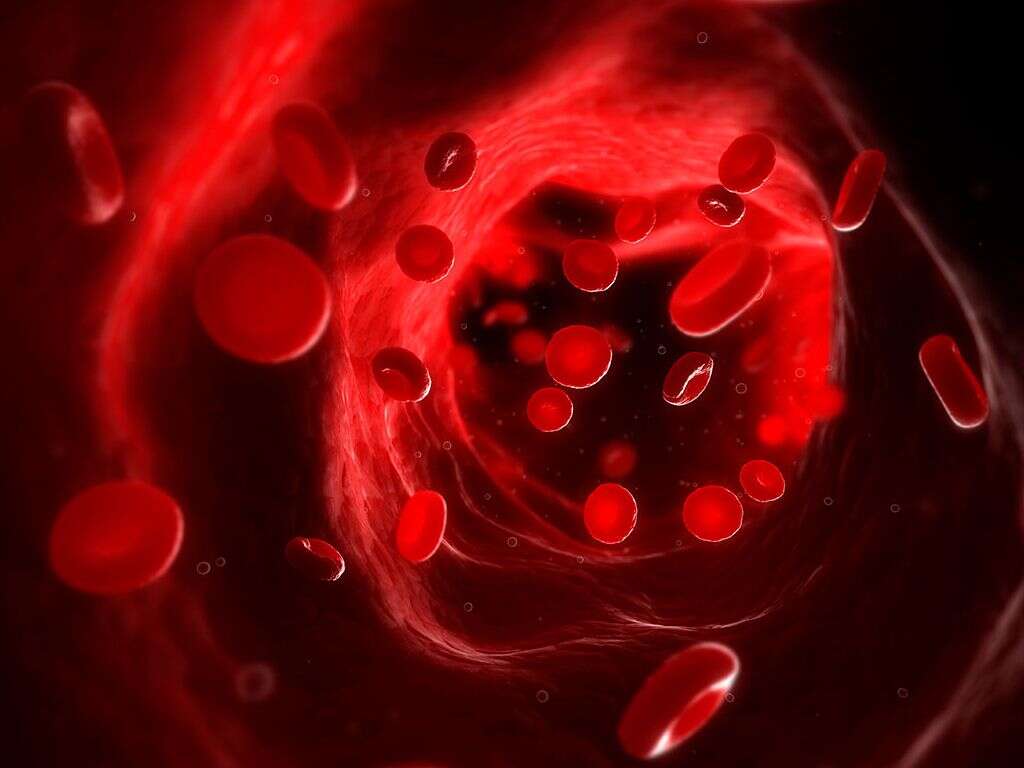10 Giant Cell Arteritis Symptoms
 Article Sources
Article Sources
- 1. 'Giant cell arteritis: Symptoms and causes.' Mayo Clinic, 2 Sept. 2020, www.mayoclinic.org/diseases-conditions/giant-cell-arteritis/symptoms-causes/syc-20372758
- 2. 'Giant cell arteritis.' MedlinePlus - Health Information from the National Library of Medicine, medlineplus.gov/ency/article/000448.htm
- 3. 'Giant cell arteritis.' Genetic and Rare Diseases Information Center (GARD) – an NCATS Program | Providing Information About Rare or Genetic Diseases, 21 Sept. 2018, rarediseases.info.nih.gov/diseases/9615/giant-cell-arteritis
- 4. 'Large-vessel giant cell arteritis: diagnosis, monitoring and management.' OUP Academic, 23 Feb. 2018, academic.oup.com/rheumatology/article/57/suppl/2/ii32/4898137
Feeling Ill
Over 80 percent of people with giant cell arteritis develop a fever. They may develop symptoms similar to those caused by the flu, with a dry cough, muscle aches and exhaustion.
While these symptoms are common and not necessarily a sign of giant cell arteritis, they should be reported to a doctor when they occur with headaches and vision problems. Being alert to this combination of symptoms, especially in older people, may help identify the condition before more severe issues occur.3‘Giant cell arteritis.’ Genetic and Rare Diseases Information Center (GARD) – an NCATS Program | Providing Information About Rare or Genetic Diseases, 21 Sept. 2018, rarediseases.info.nih.gov/diseases/9615/giant-cell-arteritis
Advertisement











